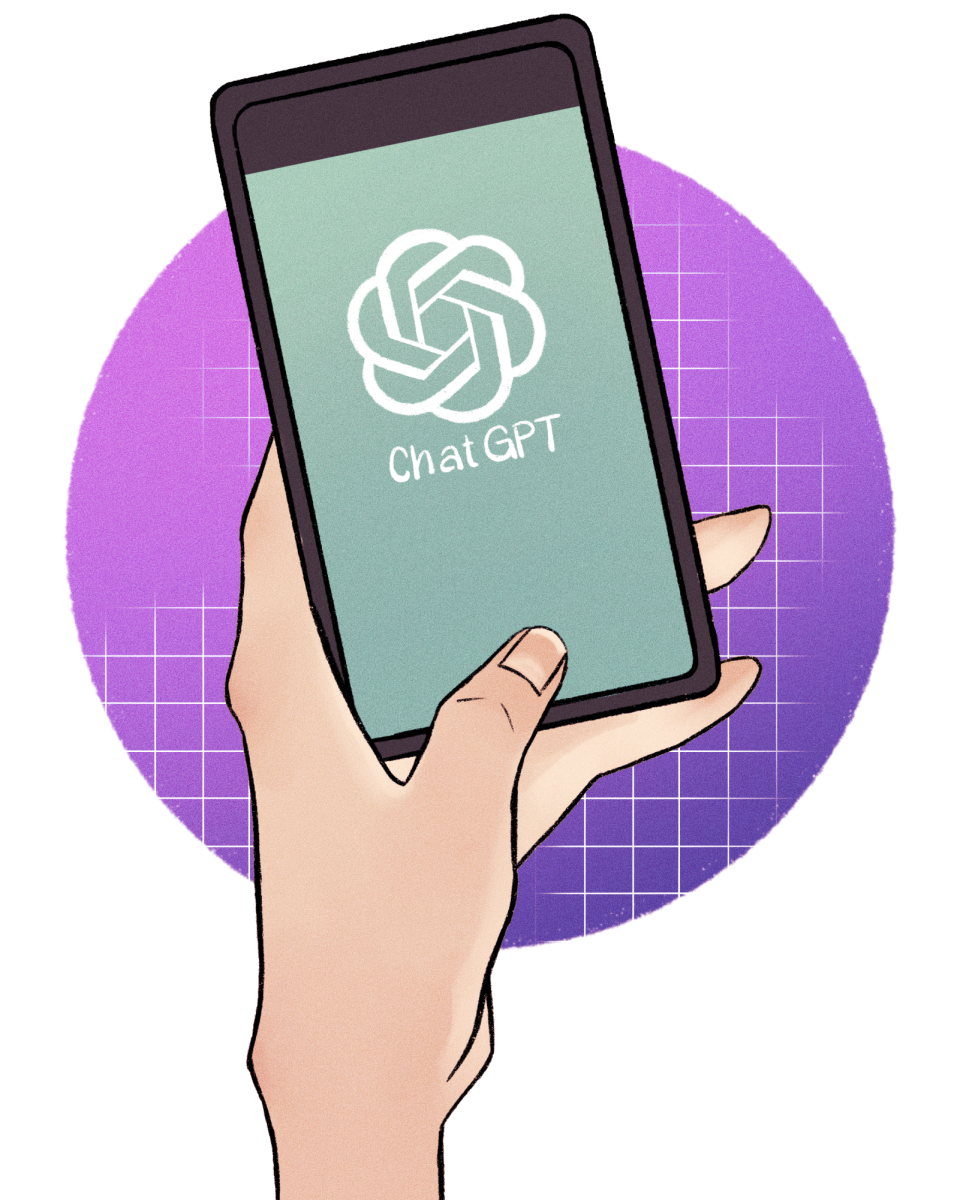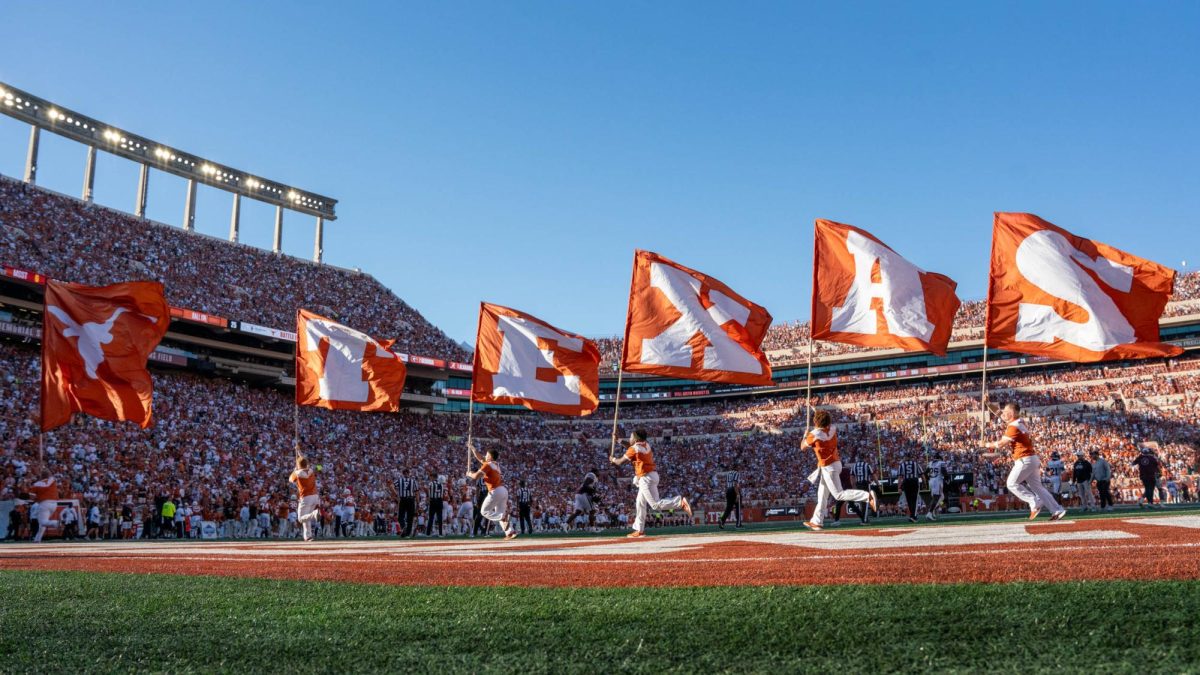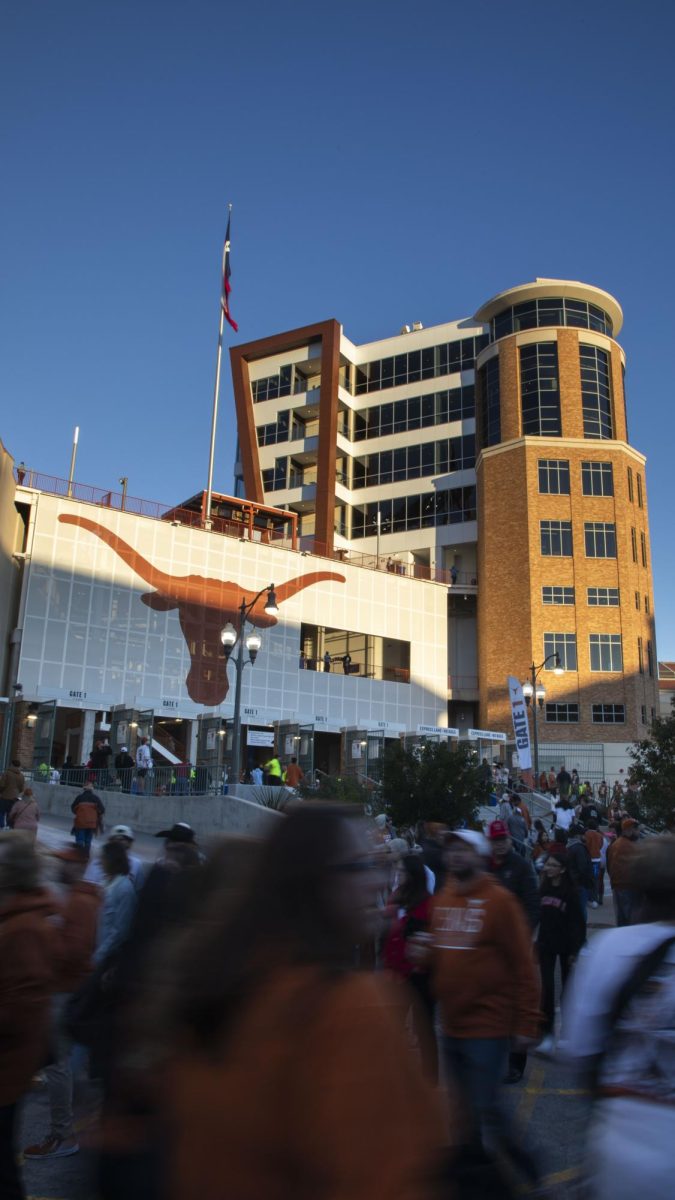Under a Trump administration executive order intended to combat antisemitism, the federal government directed agencies to assist in the creation of mechanisms by March 30 to monitor and report on the activities of noncitizen students, particularly those who participated in pro-Palestine protests.
In light of such efforts, immigration lawyers and free speech experts said there are implications for the constitutional rights of noncitizen students and shared guidance on how campus community members can be cognizant of increasing immigration enforcement actions at universities nationwide.
Students should be aware of the risks, make conscious decisions about exercising free speech and know their rights, said Savannah Kumar, staff attorney at the American Civil Liberties Union of Texas.
“It’s important to remember that there is power in our ability to criticize governments and their policies and that political speech is at the very center of what the First Amendment was designed to protect,” Kumar said.
If people choose to participate in a protest, they are protected from unreasonable searches and seizures under the Fourth Amendment of the U.S. Constitution, said Edna Yang, co-executive director of American Gateways. In a protest setting, people can also decline to offer their personal phones to law enforcement who do not present an arrest warrant.
“One of the reasons (law enforcement) is asking is because they don’t have any cause to actually just take the phone because the person is not under arrest unless they’ve done something criminal,” Yang said.
At the local level, increasing measures to mobilize civilian engagement in public safety enforcement are reflected in the community reporting system known as “iWatchTexas.” On March 18, the Texas Department of Public Safety announced a new feature on the app for the public to report safety concerns related to a “foreign influence,” including foreign governments or groups acting on their behalf.
A DPS spokesperson said the new foreign influence feature fulfills a portion of a November 2024 executive order from Gov. Greg Abbott aiming to protect Texas residents from harassment or coercion by “foreign adversaries.”
Designed to maintain the confidentiality of the reporter, the system instructs the filer to include a description of their observation, including “identifiers, of vehicle(s) and person(s) involved, whether suspect or victim.”
“The Texas Department of Public Safety (DPS), through the Texas Fusion Center, collaborates with local, state and federal law enforcement partners in responding to iWatchTexas reports — all of which go through a review process to ensure compliance with privacy, civil rights and civil liberties considerations,” a DPS spokesperson said in an email.
In Texas, there are eight total fusion centers, which consolidate information on suspicious activities and threats. These facilities are part of an information network between federal and state partners overseen by the Department of Homeland Security. Among the DHS’ authority is to enforce immigration law through its Immigration and Customs Enforcement and Customs and Border Protection arms.
The UT Police Department, the U.S. Department of Justice and ICE did not respond to requests for comment.
In the same Jan. 29 executive order directing agencies to investigate “alien students and staff” who participated in pro-Palestine protests, President Donald Trump directed the Secretaries of Education, State and Homeland Security to prepare reports, including recommendations for institutions of higher education on the “grounds for inadmissibility,” and how institutions can “monitor and report” activities by “alien students and staff.”
“Public universities and colleges are not obligated to act as deputies in carrying out immigration enforcement or facilitating state surveillance activities,” Kumar said. “In fact, when they violate First Amendment rights and participate in immigration enforcement based on people’s views, that harms the entire university system, students and faculty members who may feel worried about speaking out, both in the short-term, but also in the long term too because universities need academic freedom in order to thrive.”
Senior officials with the U.S. Department of State confirmed the use of artificial intelligence to monitor the social media accounts of international students who allegedly engaged in “antisemitic” activity, according to reporting by Axios on March 6.
“The use of AI to monitor social media use as part of the Catch and Revoke initiative and other initiatives does subject us to quite invasive surveillance that may affect people’s decisions about how, where and when to speak on different issues, especially when it comes to any vulnerabilities that a person may be experiencing because of their immigration status,” Kumar said.
Public universities have an obligation to recognize the First Amendment rights of their community members, including students, faculty and staff who are not U.S. citizens, Kumar said.
“Many of these crackdowns on free speech are part of a larger pattern that does affect the ability of all students to exercise their views on campus and the level of safety that they may feel exercising those views,” Kumar said. “(It’s) just such a fundamental part of the university experience, having spaces to share one’s views without fear of deportation or arrest.”














